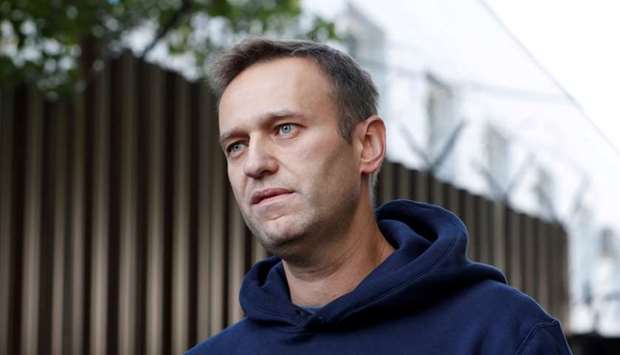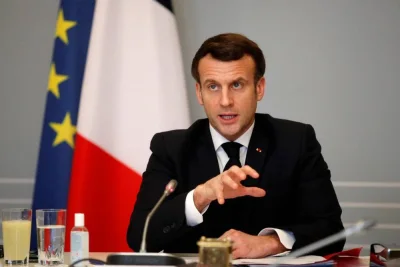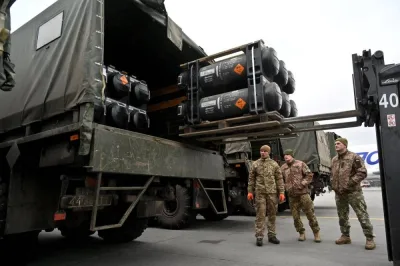* Maas: Sanctions must be targeted and proportionate
* Says EU can't ignore violation of chemical weapons ban
Germany expects the European Union to impose new sanctions against Russia over the poisoning of opposition leader Alexei Navalny with an internationally banned nerve agent, Foreign Minister Heiko Maas said on Saturday.
Navalny emerged from a coma in early September after suddenly falling ill during a flight in Siberia on Aug. 20 and later being airlifted to Berlin for treatment. German doctors say he was poisoned with Novichok, a Russian nerve agent.
Germany, France and other Western countries have demanded an explanation from the Kremlin for Navalny's illness. Russia says it has seen no firm evidence he was poisoned and denies involvement in any attack on him.
"I am convinced that there will be no longer any way around sanctions," Maas told news portal t-online in an interview.
"Sanctions must always be targeted and proportionate. But such a grave violation of the International Chemical Weapons Convention cannot be left unanswered. On this, we're united in Europe," Maas added.
Germany currently holds the rotating presidency of the 27-member bloc. EU leaders will discuss their reaction and possible sanctions against Russia at their next summit on Oct. 15-16.
"If the result of the German, Swedish and French laboratories is confirmed, there will be a clear response from the EU. I'm sure about that," Maas said.
Germany has sent samples taken from the Russian opposition politician to the Organisation for the Prevention of Chemical Weapons (OPCW) in The Hague for additional tests in their labs.
Russia's Foreign Ministry said on Saturday the German Foreign Ministry had sent its embassy in Berlin a refusal in response to an embassy request to have access to Navalny.
It also called on those who inspire a "campaign of demonizing Russia" to stop.
A German Foreign Ministry spokeswoman pointed to earlier remarks from a ministry spokeswoman, saying Berlin had forwarded the Russian request for consular access to Navalny and that they had informed the Russian Embassy about this step on Sept 23.
But it was up to Navalny himself whether he wanted to be visited by Russian officials or not, the spokeswoman added.
The Navalny case has worsened relations between Moscow and a number of Western countries. Germany has faced calls to halt the nearly-completed Nord Stream 2 pipeline, which is meant to bring more Russian gas directly to Germany.
Asked if European sanctions against Russia should include Nord Stream 2, Maas said there were more than 100 European companies involved in the project, half of them in Germany.
"So many European workers would suffer from a construction freeze," Maas said.
Nord Stream 2 is led by Russia's state gas giant Gazprom , with half of the funding provided by Germany's Uniper and BASF's Wintershall unit, Anglo-Dutch company Shell, Austria's OMV and France's Engie.



